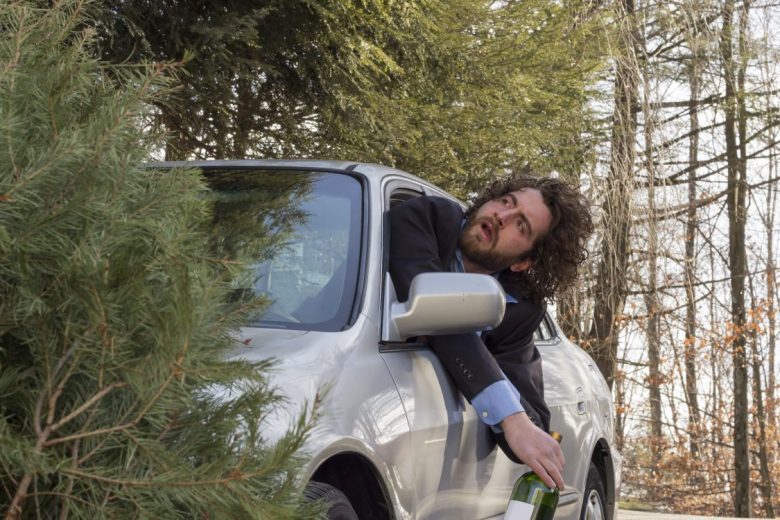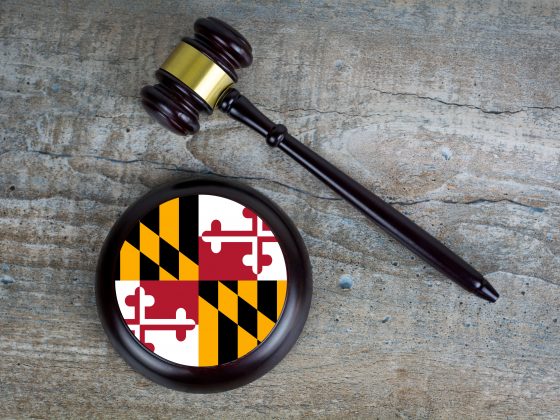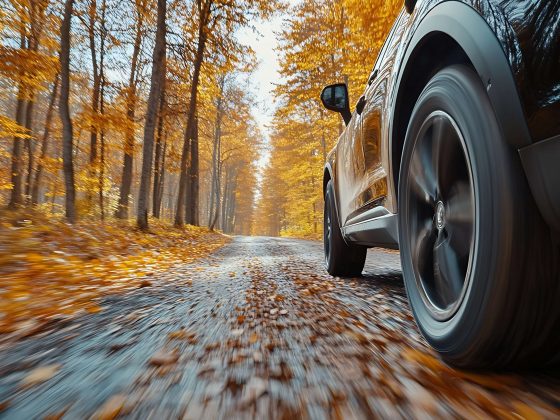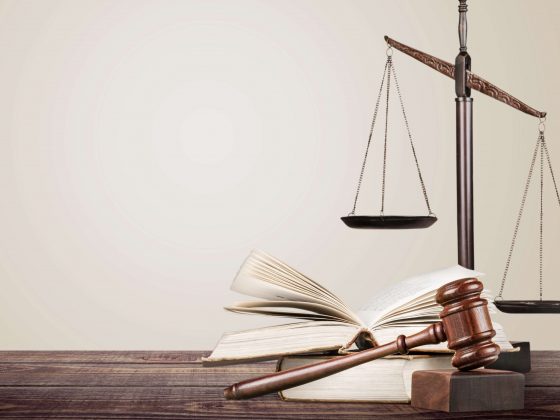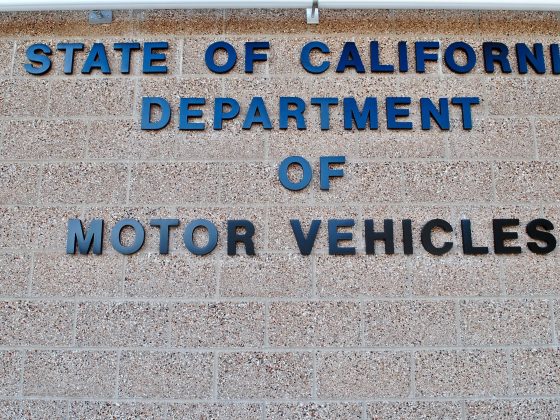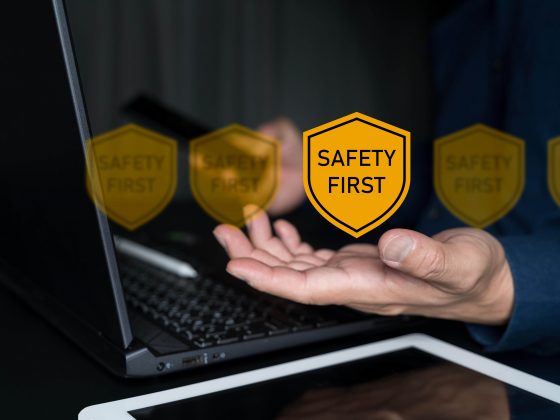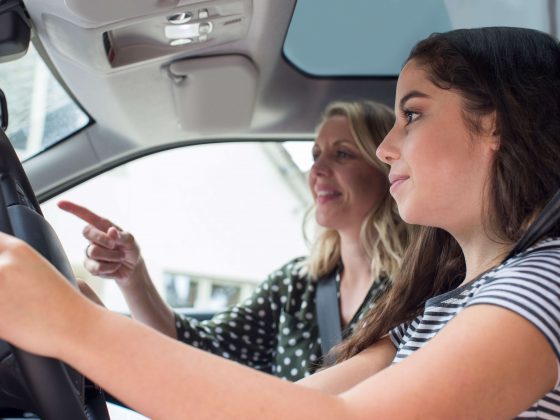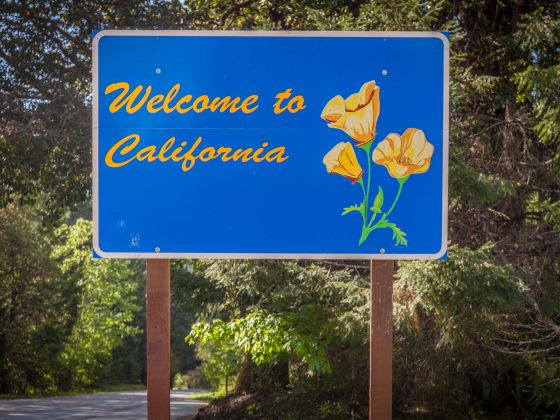Labor Day weekend is fast approaching and I’m sure several of you are getting ready for one of the last 3-day weekends of the year. A fun weekend for many families but also, unfortunately, a dangerous one. In fact, Labor Day falls right at the end of what is known as the 100 deadly days of summer. Beginning on Memorial Day, this 3 month period results in higher incidences of motor vehicle crashes with drivers of all ages engaging in risky driving behaviors in higher numbers than in other periods during the year. Of particular concern is drunk driving.
Use eTags© to Quickly Complete Your DMV Service. Renewals, Title Transfers and More, All Online!
The Deadly Results of Drunk Driving
In 2013, Labor Day weekend alone claimed the lives of 424 people who died in a drunk driving crash. In all of 2013, a total of 10,076 people were killed and another 290,000 people were injured as a result of drunk driving crashes. In addition to this, the following is also true for 2013:
- Drunk driving related crashes claimed the lives of 200 children under the age of 14
- 25% of motorcyclists who were involved in fatal crashes were legally drunk
- Half of the drivers between the age of 18 to 34 killed in crashes were drunk
The highest price we pay in drunk driving crashes is with the loss of lives. Even when lives are not lost in a drunk driving related crash, there are still costs to the people involved, their families, and society as a whole. Drunk driving crashes can result in property damage, workplace and productivity loss, legal, medical and administrative insurance expenses, and more.
Drive Sober or Get Pulled Over – National DUI Checkpoint
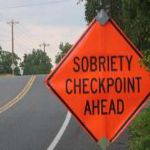 The National Highway Traffic Safety Administration (NHTSA), law enforcement throughout the country, and other participating organizations are coming together for another Drive Sober or Get Pulled Over campaign. This national campaign happens multiple times throughout the year and this time around it running from August 19th to September 7th (Labor Day). The mission of the campaign is to:
The National Highway Traffic Safety Administration (NHTSA), law enforcement throughout the country, and other participating organizations are coming together for another Drive Sober or Get Pulled Over campaign. This national campaign happens multiple times throughout the year and this time around it running from August 19th to September 7th (Labor Day). The mission of the campaign is to:
- Save lives by getting drunk drivers off the road with random sobriety stops (DUI check points) by employing increased police efforts.
- Educate people about the dangers of drinking and driving using social media, print flyers, and other advertisement efforts.
So, what does this mean for you? It means you should drive as responsibly as you should anytime you get behind the wheel. In any city, expect to see DUI check points especially at night. And remember this, you may “escape” the police if you choose to drive drunk but you may not escape the consequences resulting from a crash.
Get Involved and Make a Difference
There are many ways in which people all over the country can get involved with the Drive Sober or Get Pulled Over (DSGPO) campaign.
- Contact participating organizations in your area like drunk driving or law enforcement support groups for posters they may be readily handing out to members or print them out yourself and put them up in your neighborhood.
- Use the power of your very own social media accounts to inform your friends and family about the dangers of drunk driving and the 2015 DSGPO. You can even download a Facebook logo to promote this campaign.
- Your influence couldn’t be any stronger than at the very moment someone is risking their lives and the lives of others. If someone you know is about to drink and drive, talk them out of it, take their keys, or call the police if you have to.
- Practice what you preach and make sure you never drink and drive. Have a plan like securing a designated (and sober) driver, arranging alternate transportation like a taxi, or reserving a place to sleep within walking distance of where you will be.
Drunk Driving – Illegal in All 50 States
In every state, it’s illegal to operate a motor vehicle if you have a BAC of 0.08 or above. However, the fines and penalties for breaking this law will vary per state. While 42 states currently support license suspension for first time offenders, other driving penalties vary greatly. Ignition interlock devices, for example, are mandatory for first time offenders in only 20 states. Only 26 states currently have specific laws with harsher punishments for repeat offenders. While much progress has been made, there is certainly room for improvement to implement stricter laws to help catch drunk drivers before they cause a crash.
For a full list of fines and penalties per state, visit the Drunk Driving Laws page on the Governors Highway Safety Association (GHSA) website.
